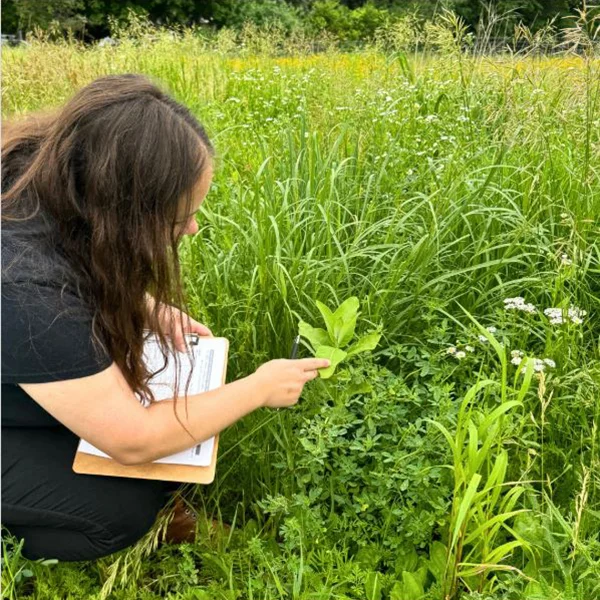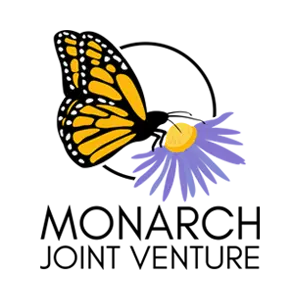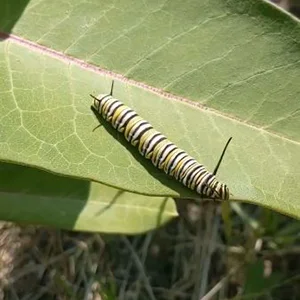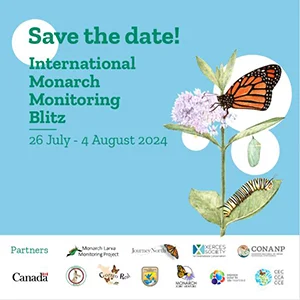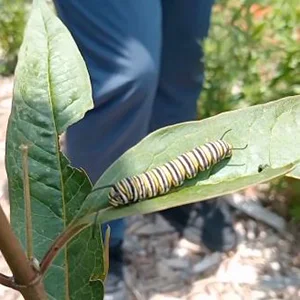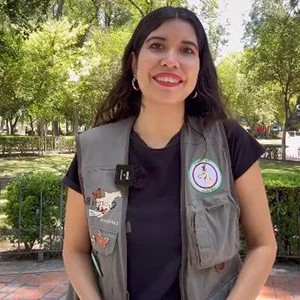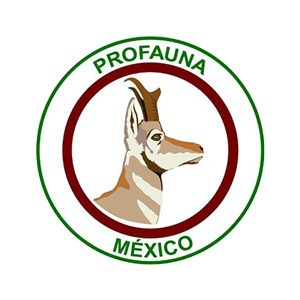International Monarch Monitoring Blitz
The International Monarch Monitoring Blitz is a call to action for individuals, organizations and community scientists across North America to join efforts to conserve monarch butterflies and the habitat they depend upon.
This year’s Blitz took place between 26 July and 4 August 2024. You can learn more about the results of this trinational effort, here.
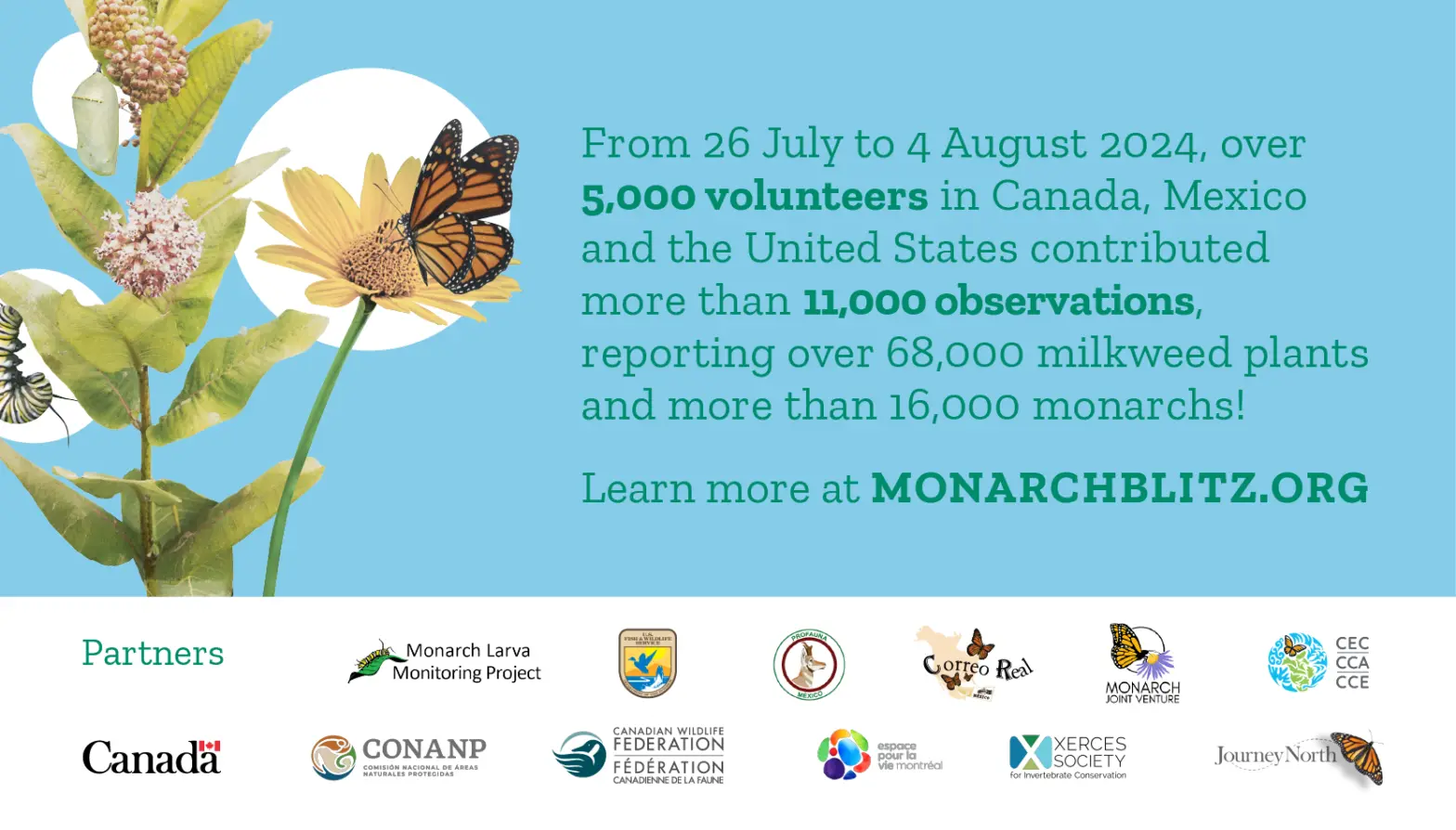
Highlights from the 2024 International Monarch Monitoring Blitz:
We are celebrating eight years of Community Science with very encouraging results from this year’s Monarch Blitz. This year’s results surpassed previous participation rates! Here are some highlights from the 2024 trinational effort:
- 11,647 observations
- 5,798 participants
- 16,161 monarchs observed
- 68,460 examined milkweeds
See our full statement, and learn how you can download Blitz Data, here.
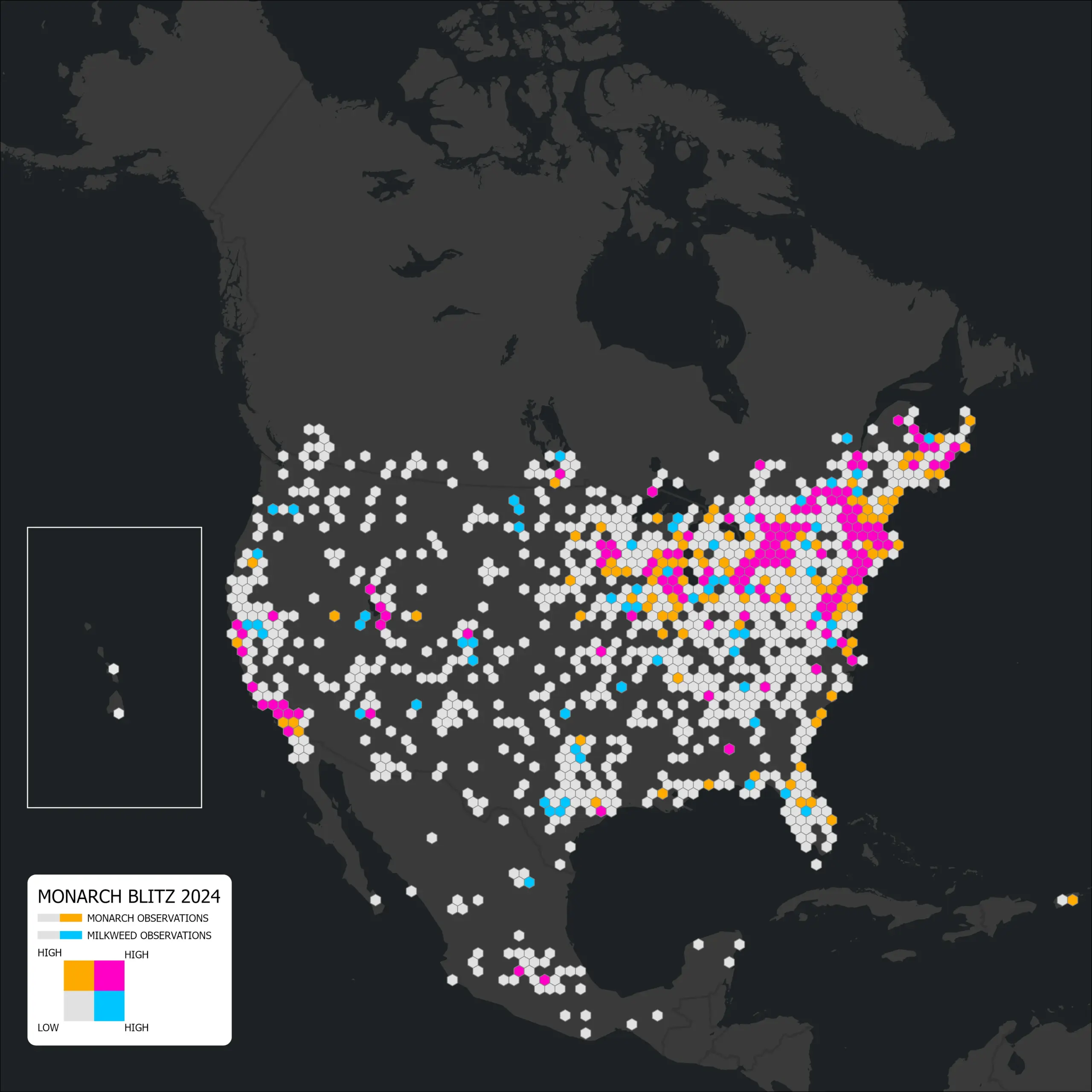
Summary of the last eight editions (2017-2024) of the International Monarch Monitoring Blitz, a community science initiative:
- 14,920 participants across Canada, Mexico, and the United States
- 31,842 observations
- 390,713 milkweed plants monitored
- 128,988 monarchs observed
- 48,187 eggs
- 43,015 caterpillars
- 2,474 chrysalises
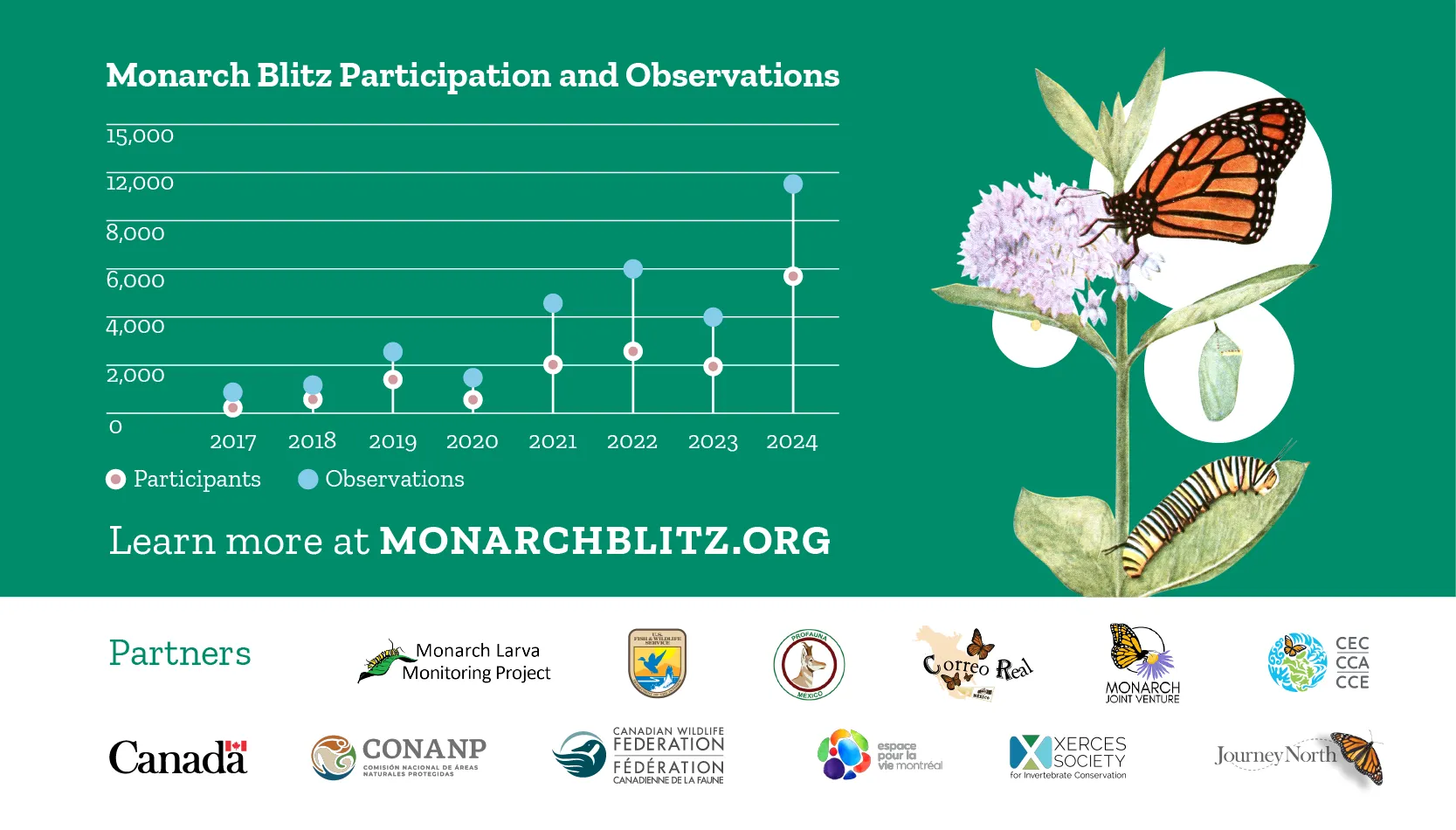
Facts about the Monarch
- Monarch butterflies weigh less than a gram.
- There are two recognized migratory routes in North America: Eastern and Western.
- Migration covers 3,000-5,000 km (2,000 to 3,000 miles) and spans three countries.
- The Eastern migratory population has declined by more than 80% in 20 years.
- The Western population has declined by 99% since the 1980s.
- Everyone can help the monarch butterfly by participating in community science, creating monarch-friendly habitats, and spreading the word about the monarchs’ status and importance as a pollinator.

Image courtesy of Amy Evoniuk Photography.
Participation
The 2024 International Monarch Monitoring Blitz was a great example of community science participation and collaboration across North America. The results have also been showcased through the CEC’s MapMonday initiative which highlights North American geospatial data, especially in relation to the CEC’s North American Environmental Atlas.
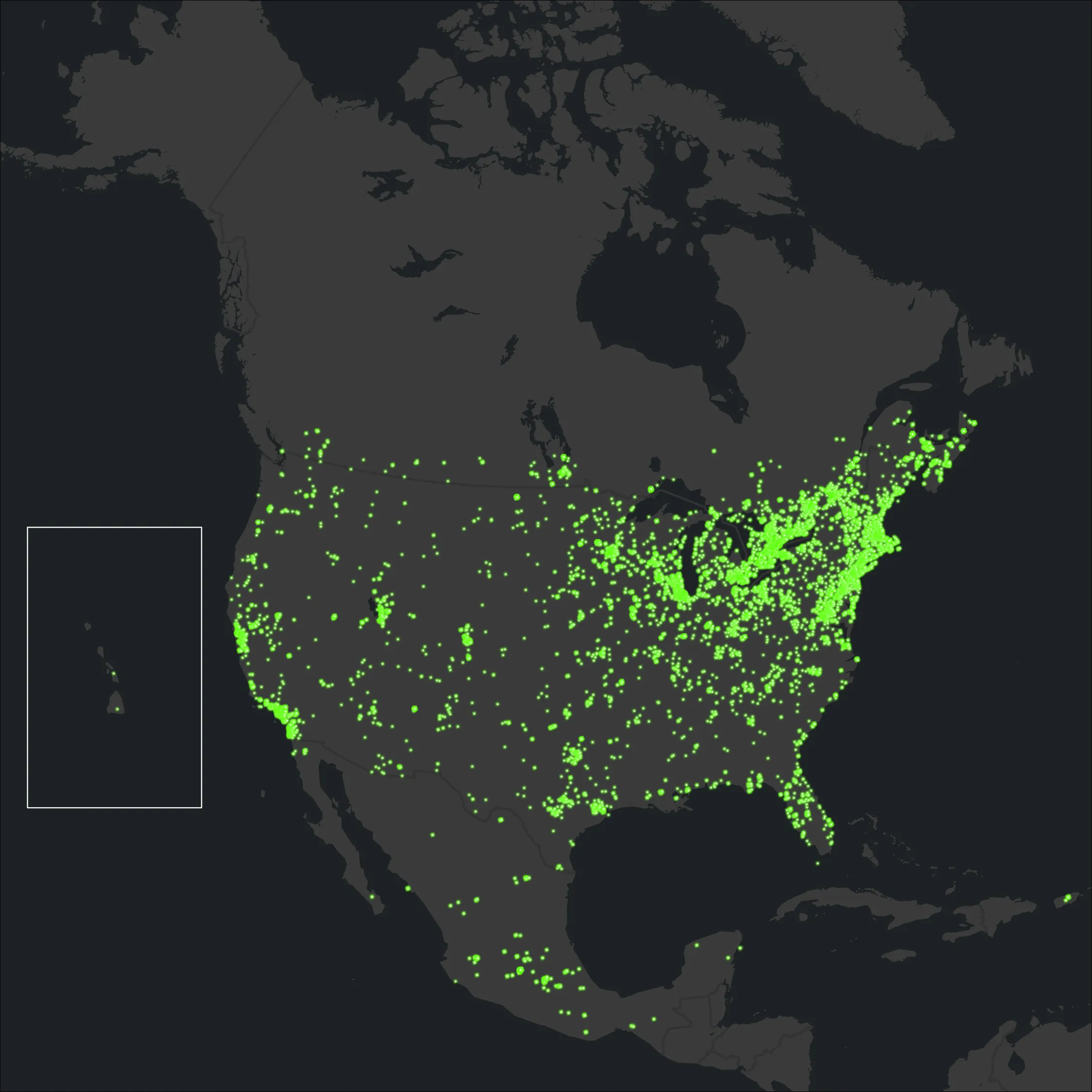
Why Community Science?
The information collected by North American community science observers helps researchers identify priority areas for monarch conservation actions. Thanks to this engaged community of observers, monarch researchers will soon be able to analyze trends in summer breeding population sizes. All partner organizations have agreed to share volunteer-collected data to a central data repository. In this way, anyone can consult and download Blitz data by visiting the TRINATIONAL MONARCH KNOWLEDGE NETWORK.
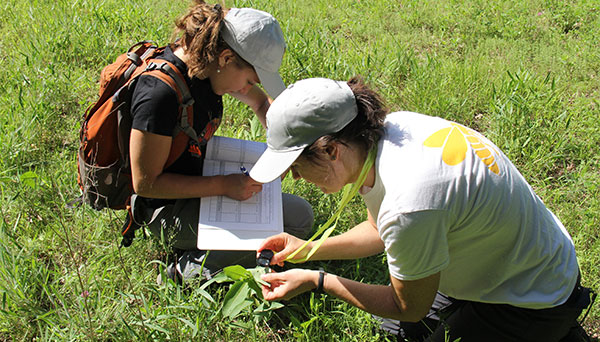
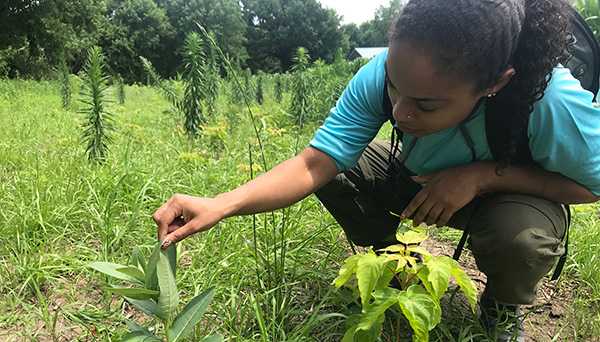
Volunteer participation and the engagement of volunteers grows year after year, and experts believe that the Monarch Blitz database, made up almost exclusively of observations shared by volunteer community scientists, will achieve the original objective set for the Monarch Blitz by the Trinational Monarch Conservation Science Partnership: a rigorous estimation of the size of the summer breeding population, similar to what is done with the overwintering populations in central Mexico and coastal California.
Furthermore, researchers are interested in assessing population trends. Reporting the number of caterpillars and the number of milkweed stems can allow the calculation of a caterpillar-to-milkweed ratio. Researchers can then use this ratio to estimate the size of the population of monarchs that are migrating to Mexico at this time of year.
Which Community Science Program is Right for You?
Participating in the Monarch Blitz requires you to simply track your observations of the monarch butterfly. If you spot a monarch egg, caterpillar, and/or adult or milkweed, no matter where you are near the end of July or beginning of August, you’re encouraged to share your observation with one of several Community Science programs displayed below.
Curious which program is right for you?
Have a look through the programs below to find one that works for you!
Celebrating Community Science Efforts
Partners
The Blitz is organized by the Trinational Monarch Conservation Science Partnership, a collaboration of organizations, including:
Contact
Georgina O’Farrill
Head of Unit, Communications, Outreach and Engagement
(514) 350-4336









